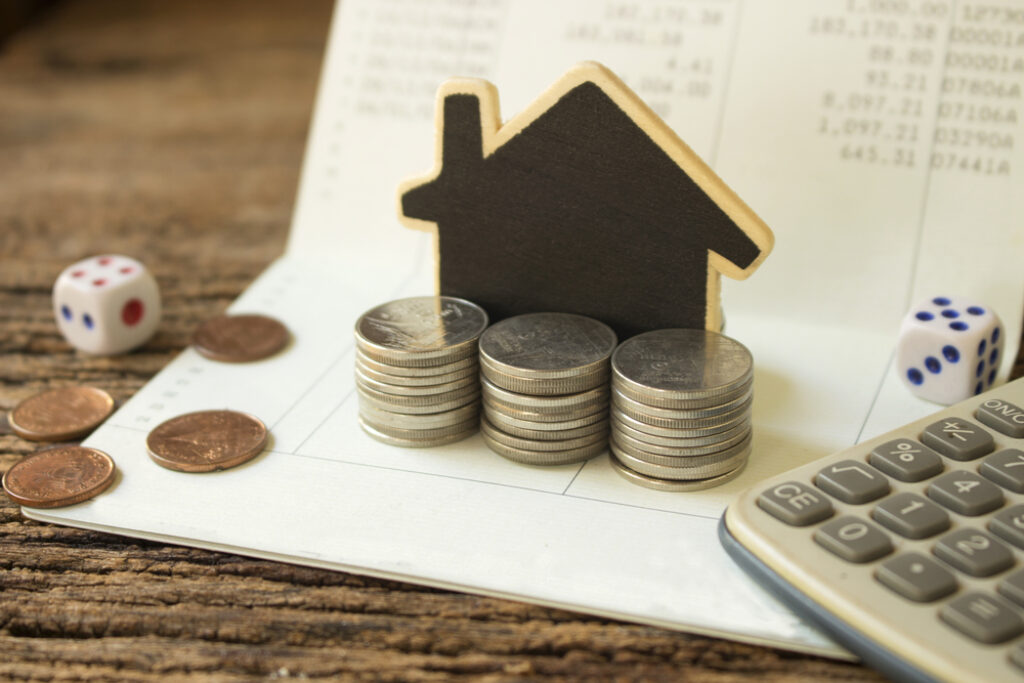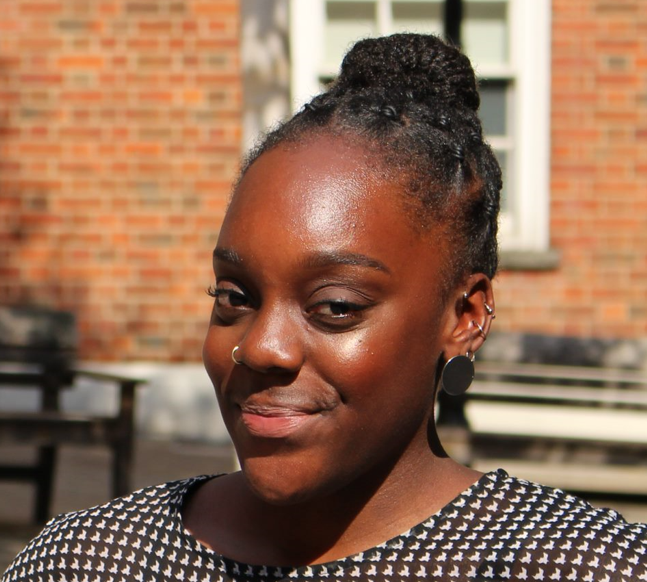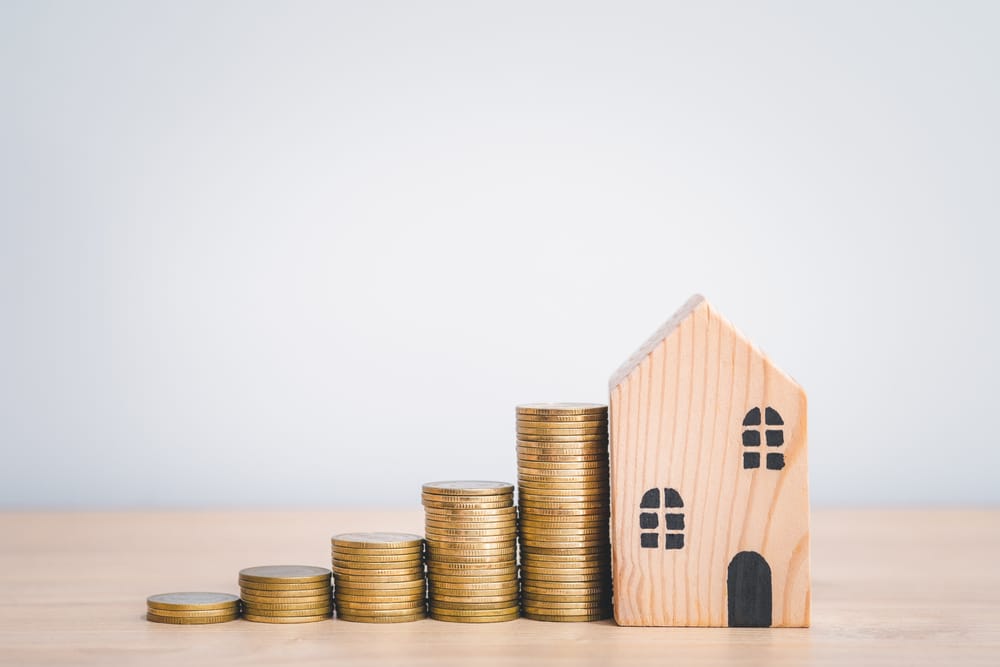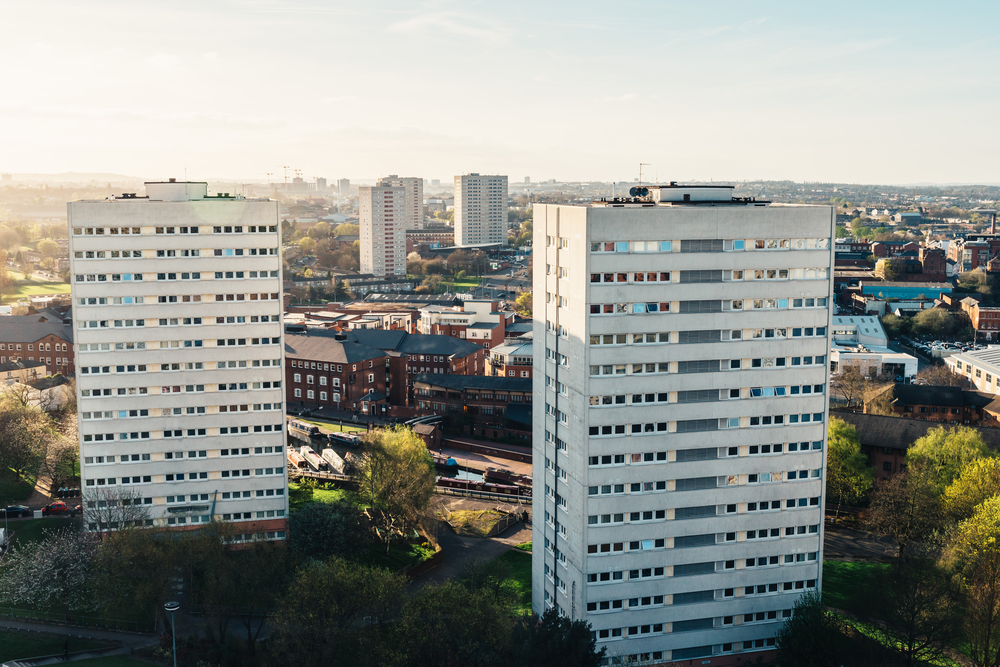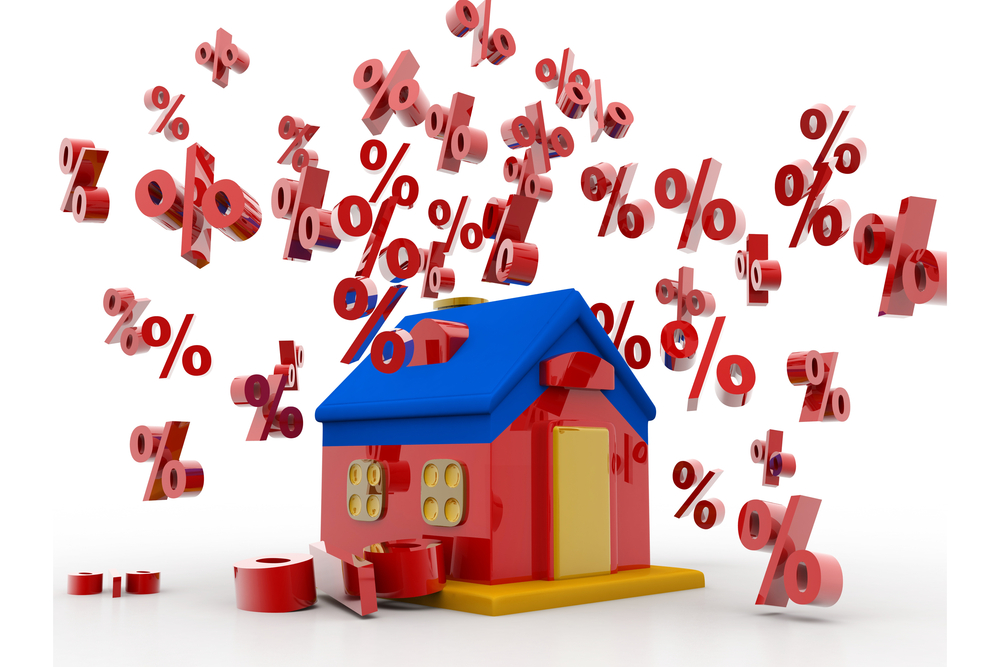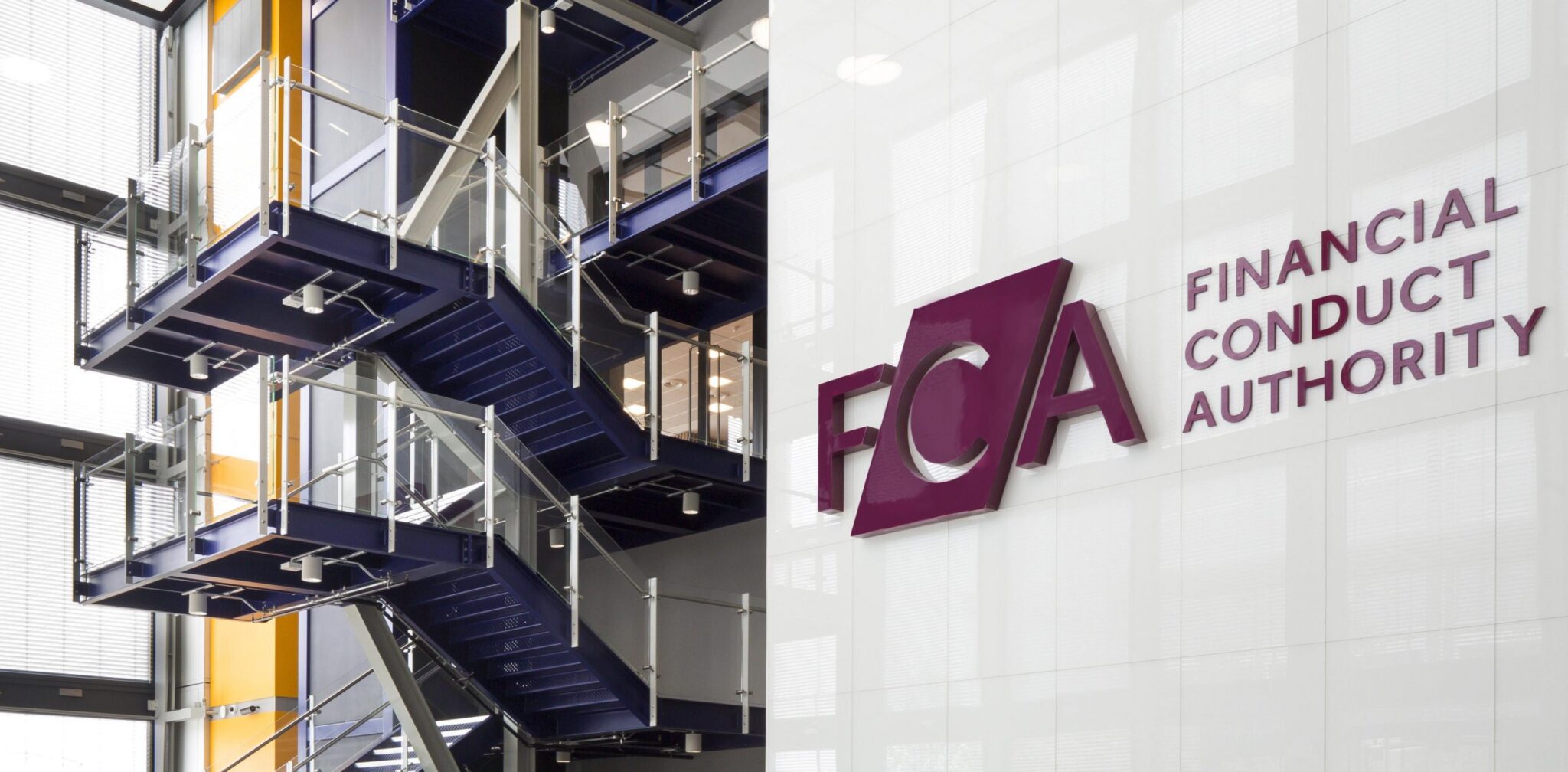Average house prices in the UK increased by a nominal 0.4% month-on-month to £280,660 in February, government data showed.
The Office for National Statistics (ONS) house price index revealed that, compared to the same month last year, prices had fallen by 0.2%.
London saw the largest monthly and annual fall in average house prices in England, with declines of 0.7% and 4.8% respectively, bringing values to £503,000.
Average house prices in the North East reported the strongest growth with a 2.9% yearly rise to £160,000. On a monthly basis, average house prices in the region were 3.2% higher.
Across England, average house prices increased to £297,735, which was a 0.6% monthly increase and a 1.1% yearly drop.
In Wales, house prices rose by 0.4% on average since January to £210,717. Compared to last year, this was a 1.2% decline.
On average, house prices in Northern Ireland rose by 1.4% annually, taking them to £177,611. Meanwhile, this represented a 0.9% monthly decrease.
Scotland saw the strongest annual change in average house prices, with a 5.6% rise to £187,807. However, on a monthly basis, this was a 0.6% drop.
A quieter market
It was suggested that the modest change in average house prices indicated a settled market as people waited for further potential interest rate cuts.
Jonathan Hopper, CEO of Garrington Property Finders, said: “The Government’s official data gives a snapshot of a party that’s already winding down.
“Recorded in February, these purchases were completed at a time when both the property and mortgage markets were on a roll.
“Following a flurry of interest rate cuts at the start of the year, the number of mortgages being approved was climbing fast, estate agents were seeing a surge in interest from buyers and average house prices were on the up.”
He said while price falls did not happen as some predicted, the recovery of the market had “lost its steam” as the “timeline for major interest rate cuts gets pushed back”.
He added: “With mortgages still so expensive, the sums don’t yet add up for some would-be buyers. Tens of thousands of people who delayed their moving plans last year are now itching to do so, but until interest rates start falling again, many will stay on the fence.
“The property market is heading in the right direction, but progress is likely to be slow and meandering, with wide variations across regional and local markets.”
Karen Noye, mortgage expert at Quilter, said: “The housing market has been relatively quiet of late, and the various house price indices have differed in their reporting, making it difficult to know the true state of the market.
“Mortgage rates have also fluctuated, falling earlier in the year only to tick up again a few weeks later. Overall, however, things are now starting to look a little more steady, and though there has been some downward pressure on prices, the crash that many had anticipated has not materialised.”
She said the outlook was looking “more optimistic”, particularly if the Bank of England cut rates sooner rather than later.
Kay Westgarth, sales director at Standard Life Home Finance, said the figures showed the property market was on a “stable footing”.
She added: “With a base rate cut firmly on the horizon, we can expect to see renewed competition among lenders vying for market share and sustained activity as we move through the year.
“Despite this optimistic outlook, we cannot ignore the high mortgage repayments currently faced by today’s borrowers, particularly those moving from a fixed term plan on lower rates. House prices comfortably outpacing wage growth for a sustained period means many are having to dig deeper into their pockets to meet monthly repayments.”
Average price changes by property type
Detached and semi-detached homes were the only property types to report an annual rise in average prices, with 0.5% and 0.7% respective increases taking values to £435,398 and £274,252.
The average price of a terraced home fell by 1% annually to £229,443, as did the average value of a flat or maisonette, which came to £227,188 in February.
There was a sharper monthly fall in the average price of a new-build home compared to a resold property, with a 1.6% decline for a new home to £381,775. The average price of a resold home came to £277,460.
Annually, however, the average price of a new-build home shot up by 16.4%, while the average price of an existing property fell by 2.5%.
First-time buyers paid £234,654 on average for their homes in February, 0.7% more than they did the month before but 0.3% less than a year ago.
For former owner-occupiers, the average price paid for a home came to £326,376, which was 0.2% higher than the preceding month, but 0.3% lower than 2023.
